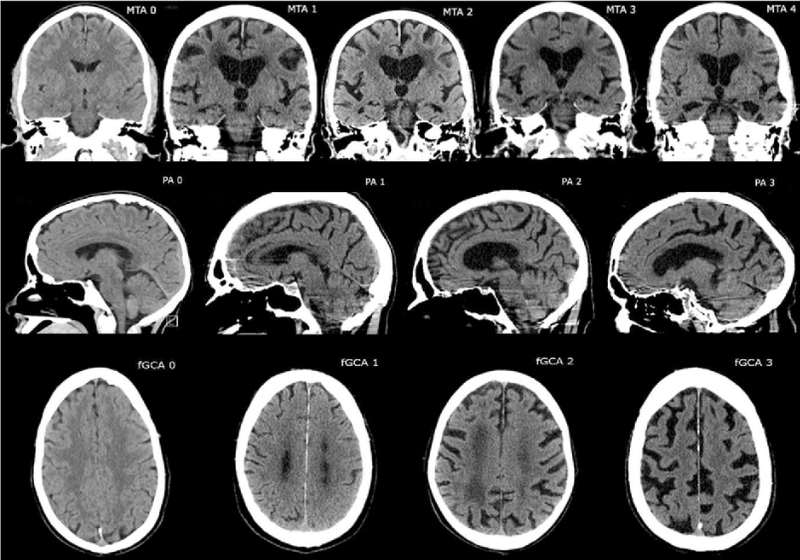A “truly a historic moment for dementia research” as data shows new Alzheimer’s drug slows cognitive decline

Trial results for a new drug to treat Alzheimer’s disease have been described as a “truly a historic moment for dementia research.”
Researchers have released new details from a study of the drug lecanemab, the first to help improve the symptoms of Alzheimer’s by slowing the disease.
The data, published at a conference in San Francisco this week has led to optimism from scientists and doctors.
Lecanemab is an antibody that finds and removes a protein called amyloid that builds up and forms clumps in the brains of people with Alzheimer’s disease.
By targeting amyloid, lecanemab is striking at the heart of the disease itself, rather than just treating symptoms by boosting brain chemicals in the cells that are still working (as is the case with drugs currently prescribed for Alzheimer’s).
The pharmaceutical company, Eisai, reported full data from its successful phase 3 clinical trial of lecanemab.
The results have been published in the New England Journal of Medicine.
The results show the drug was able to slow the rate of decline in people’s memory and thinking as well as function over 18 months, and also helped people with day-to-day activities.
The trial, known as Clarity AD included 1,795 people with early-stage Alzheimer’s and mild cognitive impairment (MCI) due to Alzheimer’s, who received a bi-weekly infusion of either lecanemab or a dummy drug (placebo).
Dr Susan Kohlhaas, Director of Research at Alzheimer’s Research UK, said:
“These exciting findings represent a major step forward for dementia research and could herald a new era for people with Alzheimer’s disease. This is the first time a drug has been shown to both reduce the disease in the brain and slow memory decline in clinical trials.
“Lecanemab works by clearing the amyloid protein that builds up in the brain in people with Alzheimer’s disease. In this trial, the drug slowed down participants’ decline in memory and thinking, and their ability to carry out day-to-day activities. Although the benefits were small and came with significant side effects, it marks the arrival of a treatment that can slow the course of Alzheimer’s disease.
Dr Kohlhaas said: “With all this excitement, there are still many questions and challenges we need to address.
“The treatment window in the trial was for 18 months, so we don’t yet know whether there will be impacts to people that last beyond this. Longer-term studies that are ongoing will tell us whether the modest improvements seen in the trial change the trajectory of the disease longer-term.
“Lecanemab was associated with severe side effects, and it will be important for regulators to understand the safety profile of the drug before it is given a full license for use.
“The benefits of taking lecanemab in the trial were modest but the challenge and opportunity remains within dementia research to build on these findings into an era where we’re developing multiple treatments against different aspects of Alzheimer’s disease to slow and stop the disease.
“It’s safe to say that the NHS is not ready for a new era of dementia treatment.
Dr Kohlhaas said: “We estimate that unless there are drastic changes in how people access specialist diagnostic tests for Alzheimer’s disease, only 2% of people eligible for drugs like lecanemab will be able to access them.”
“We recommend, through the new Dementia Mission, the government take urgent steps to bring together regulators, industry, clinicians and decision-makers in our health system to put a clear plan in place to ensure people in the UK are among the first in the world to access new treatments once they are licensed.”
“This is truly a historic moment for dementia research. This year is the 30th anniversary of the seminal work that revealed the central role of amyloid protein in Alzheimer’s.”
“The road to an anti-amyloid treatment has been a long one and people with Alzheimer’s have seen many disappointing setbacks. We hope that this drug will make it to patients, but it won’t be suitable for everyone with Alzheimer’s, and it’s only a first step on the journey towards a cure.”
The drug has side effects, one in eight patients given lecanemab suffered brain swelling and other changes, probably as a result of removing the amyloid protein.
But most only had evidence of problems on brain scans. Fewer than one in 30 had actual symptoms such as headaches or confusion.
Some patients had bleeding in the brain, though deaths were no higher in those receiving treatment than those given a dummy drug.
Spotted something? Got a story? Email: [email protected]
Latest News
